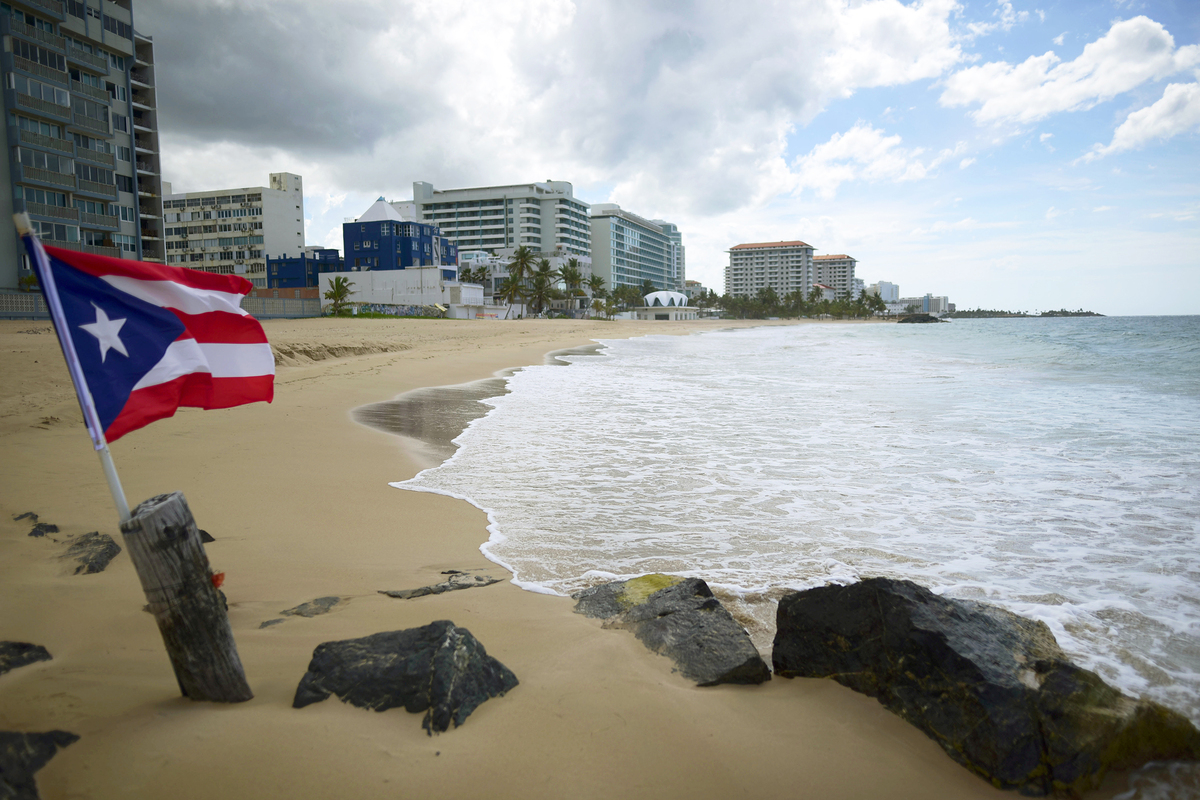- Puerto Rico population overcounted by 5.7%, or 174,000 people, when the Census Bureau conducted its 2020 count.
- Duplicate records may have contributed to the overcount.
- Puerto Rico’s population fell 11.8% to nearly 3.3 million over the past decade.
The Census Bureau’s 2020 count resulted in a 5.7%, or 174,000, overcount of Puerto Rico’s population.
The overcount was discovered Tuesday after the bureau declared the end of a post-enumeration survey that was conducted independently among a sample of the island’s population to assess the accuracy of the census. The effort is being used as input for the 2030 Census upgrades.
The Census Bureau reported that over the previous ten years, Puerto Rico’s population decreased by 11.8%, to reach close to 3.3 million. But according to the most recent post-enumeration survey, Puerto Rico’s population may really be closer to 3.1 million people.
The bureau claims that issues with duplicate records may have contributed to the overcount.
Inaccurate counts were projected to have occurred at a rate of 9.8% or 319,000 during the 2020 census. Duplicate records could be responsible for nearly all of them (9.1% or 294,000), according to the study. On the American mainland, the projected rate of incorrect enumerations because of duplication is 1.6%.
[embedpost slug=”puerto-rico-boat-wreck-victims-mostly-haitian/”]
Timothy Kennel, an assistant division chief for statistical methodologies at the Census Bureau, told NBC News, “So you might have somebody counted at several places, and we were not able to detect that they were duplicates.”
A college student residing in a dorm who filled out the census form at the institution but whose parents may have also listed them as members of their home, according to Kennel, is a “typical example” of duplication.
Mario Marazzi, a former executive director of the Puerto Rico Institute of Statistics and a member of the Census Scientific Advisory Committee, claimed in an interview with NBC News from Puerto Rico that roughly 10% of the population there was counted twice.
People with two last names are common in a region with a high Spanish-speaking population, but Marazzi cautioned that they “may not be reporting their names consistently in every form” because there isn’t always room for them. Additionally, day of birth numbers are written differently — in Spanish, date of birth digits begin with the day, not the month — and efforts to eliminate duplication sometimes fail to take these variations into account, which could lead to additional overcounts in the future.
Women aged 50 and over (11%) and men aged 50 and over (8.3%) were most likely to have Puerto Rico population overcounts, with women aged 30 to 49 (4.9%) coming in second.
[embedpost slug=”ricky-martin-faces-restraining-order-in-puerto-rico/”]





















